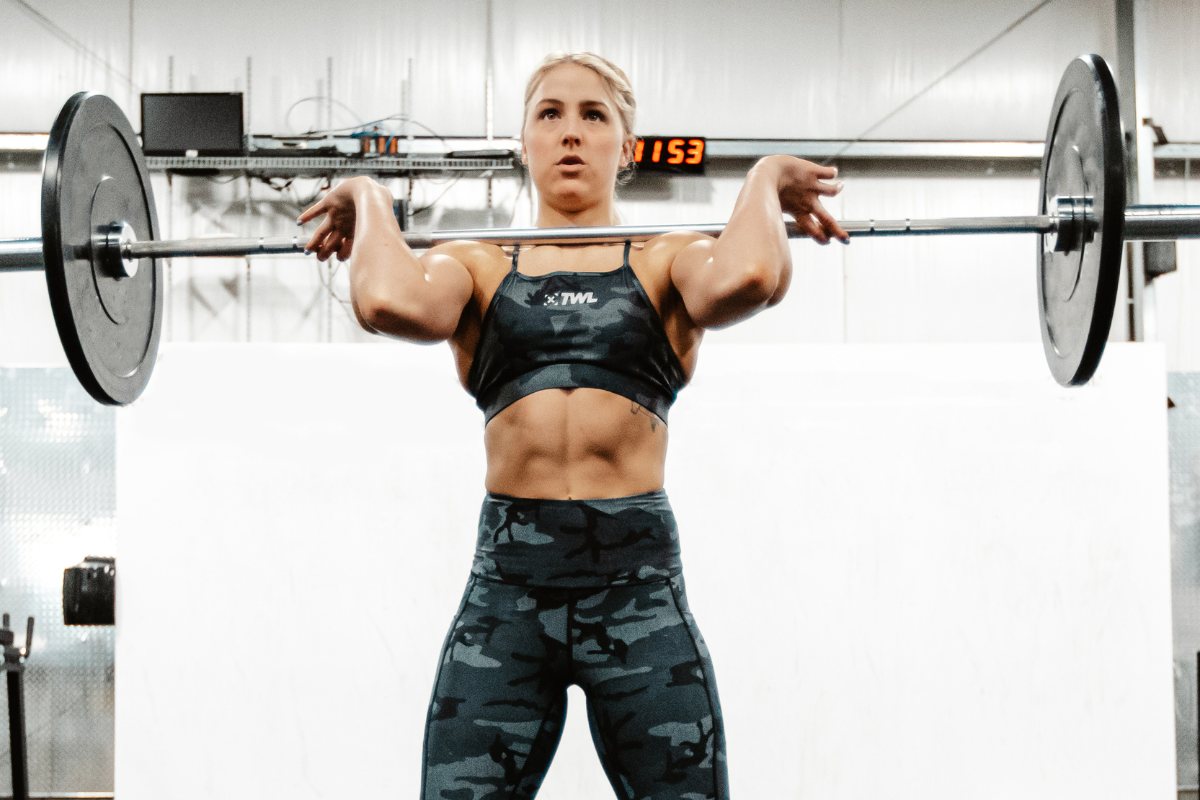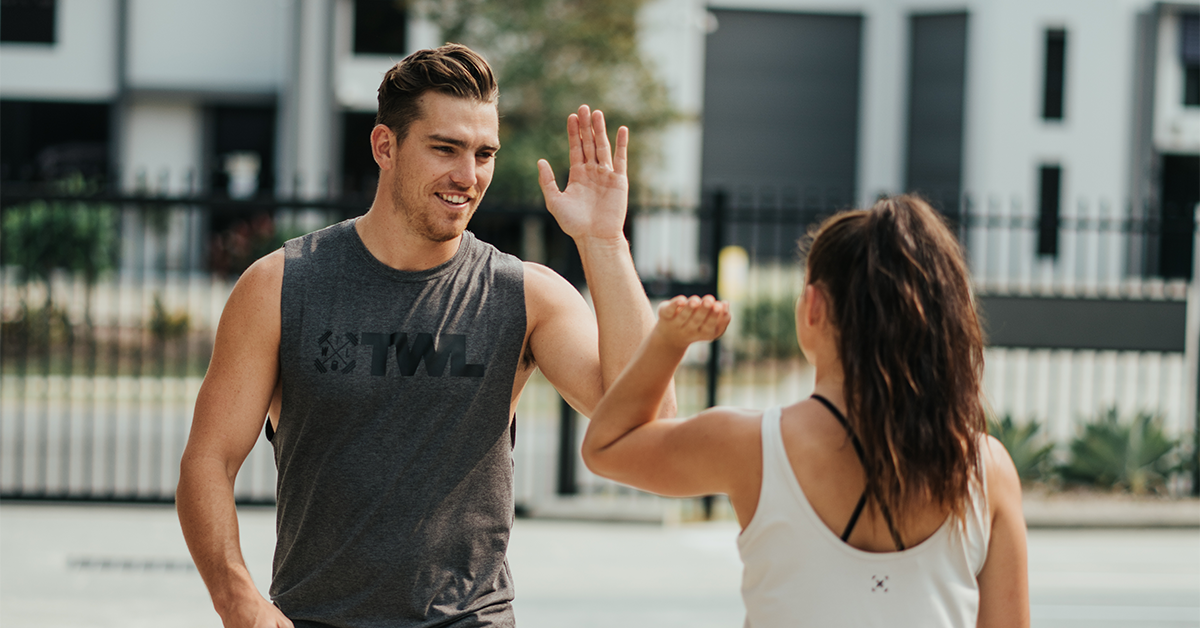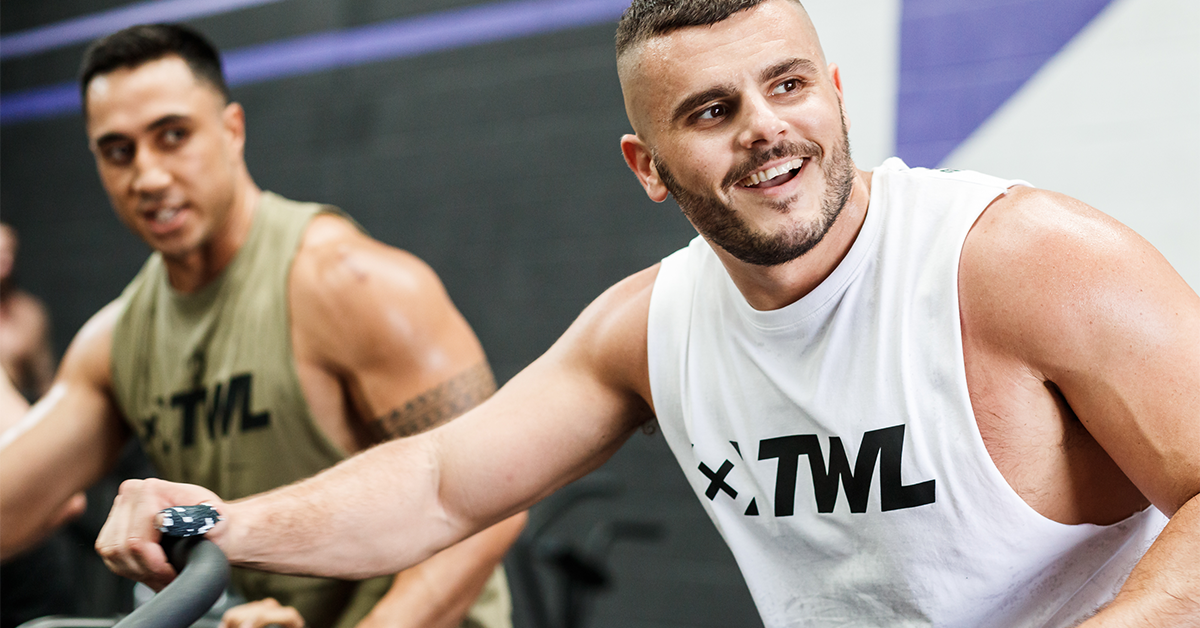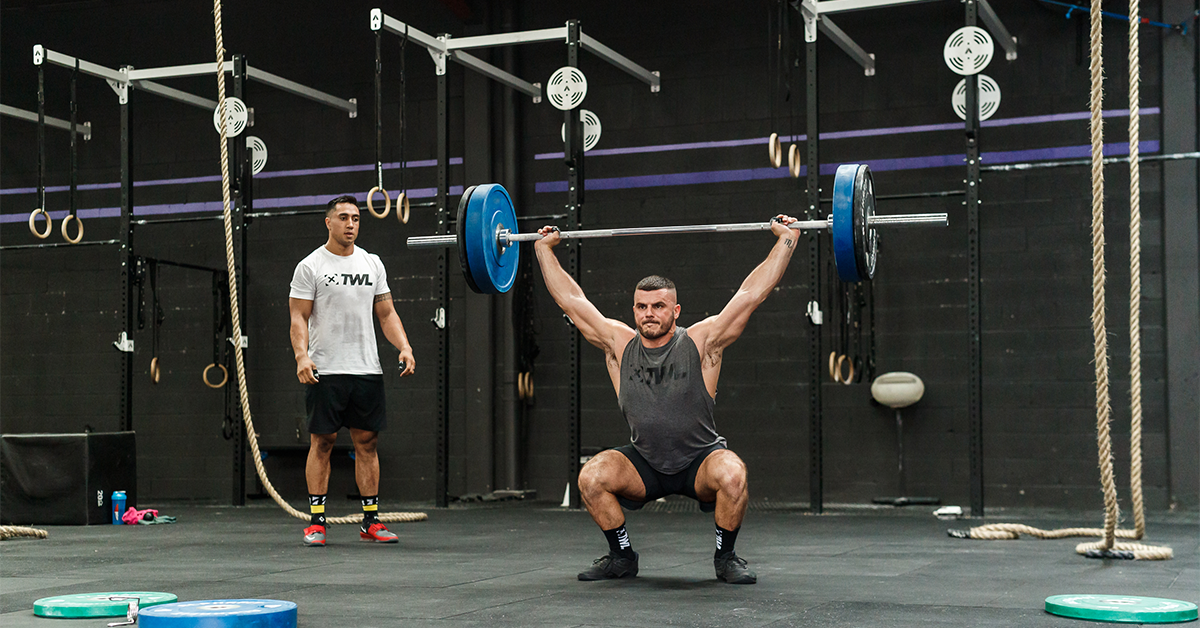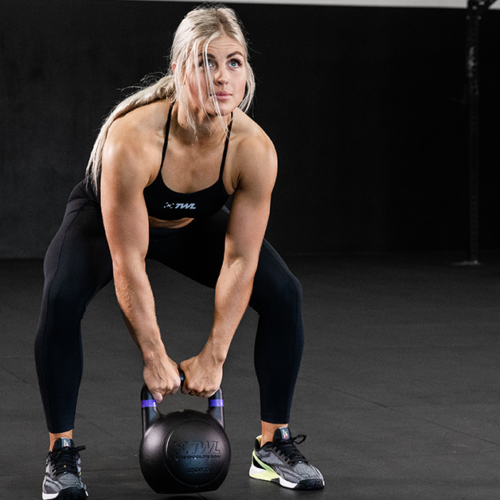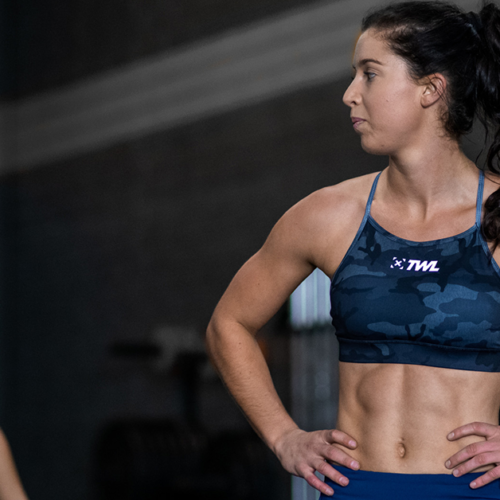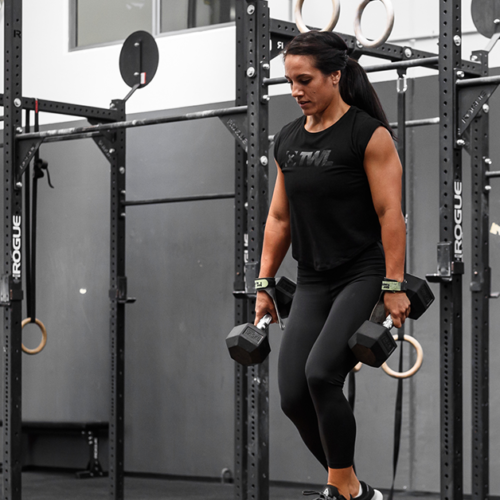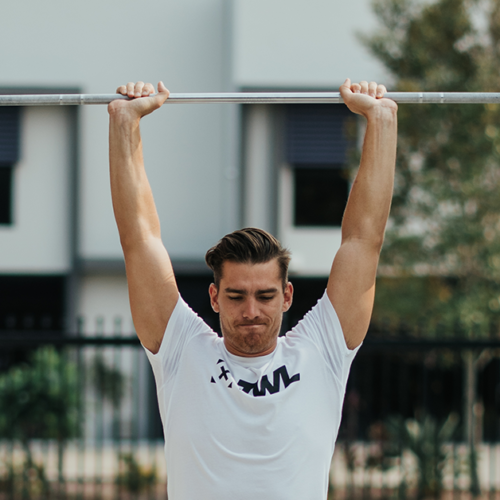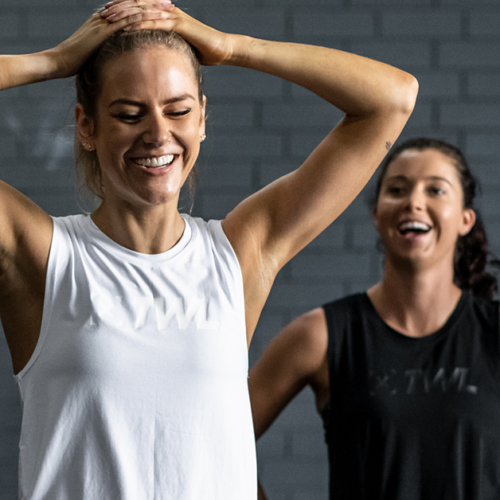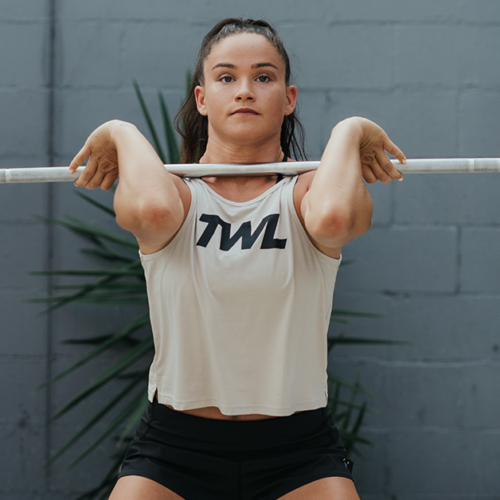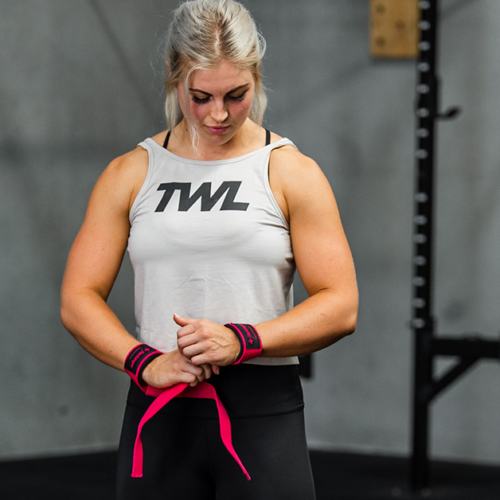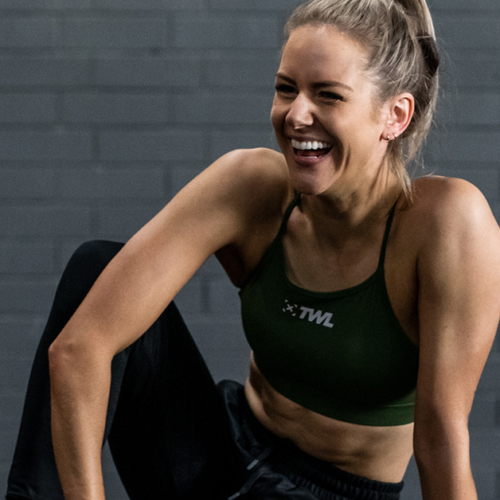Maybe you’ve heard your coach or training partner talking about muscle memory. The term itself is pretty self-explanatory. But let’s get into some more of the dirty details and importantly, why muscle memory should be on your radar.
Hold Up — What is Muscle Memory, Anyway?
Great question!
To clearly illustrate, let us give you an example scenario.
You’ve just started lifting weights for the first time. Right off the bat, you can feel how much work you have to do. So, for the next six months, you train diligently and gain impressive strength and muscle definition.
Then, you take a month-long break. During this time, you’re certain that you’re losing strength. You’re going to eventually head back to the gym and have to start at zero.
Except… no.
When you do finally get back to the gym, sure, you notice that you feel a little sluggish. But within a few weeks, you’re right back to where you left off.
That’s muscle memory.
Another common example you can likely relate to? Think of riding a bike as a kid. It was something you did every day. But as you got older, you stopped. Then, one day as a grown adult, you get back on a bike. You’re wobbly at first but within just a few minutes, you’re riding like a pro.
That’s muscle memory, and also the explanation behind the saying, “It’s like riding a bike.”
(Note: To be clear, some professionals will tell you that this is a different type of memory, since it more so requires your brain and not your muscles, but we’re going to save that for another blog.)
Muscle memory is the reason why you can practice something habitually, take a break, and then recuperate that skill more quickly than if you were starting from scratch. This is why we can relearn old skills without starting from nothing. Your body and mind still have some memory of the last time you engaged in those activities. Pretty cool, huh?
View this post on Instagram
How Exactly Does Muscle Memory Work?
Without getting too technical, here’s what generally happening behind the scenes.
When you engage in an activity — whether it’s riding a bike or snatching 100kg — you’re literally changing the physiology of your muscles. The neuromuscular efficiency gets better and stronger. Essentially, this means that you’re strengthening the connection between what your body is doing and how your brain perceives it.
In addition to strengthening current pathways, you’re also forging new pathways inside of your central nervous system (CNS). Furthermore, after repeating an action over and over again for months or years on end, they become engrained in your memory. This happens to the point that you can almost do them without thought.
Think about the last heavy clean and jerk you did. During the lift, you probably weren’t telling yourself, “Okay, first, pull the barbell from the floor to your knees. Your hip angle should stay the same. Then, sweep the bar back into your hips, still keeping your legs bent. This is where you speed up. Go faster!”
Of course you don’t do that. How exhausting would that be?! Your brain and body just know what to do. This is a result of that repetition.
Thus, even if you take a break from that activity, when you come back, those pathways are still there. You just need to dust them off and put them back in use.
Now, does this mean that you can stop training for months and months, come back later, and go back to snatching 100kg within a couple of weeks? No. Without training, those pathways have no reason to get stronger. Neither do your muscles. However, they’re not going to disappear.
So, you know that thanks to muscle memory, you’re able to pick up activities faster than when you first started. How long do you have until that skillset starts to deteriorate, though?
Let’s get to that next.
How Long Will Your Muscle Memory Last You?
We want to get this out of the way: The jury’s still out. We don’t yet have a definitive answer for how long muscle memory will last before it really starts to make its exist.
One study published in The Journal of Experimental Biology says that muscle memory can work in your favor for up to 15 years — and in some cases, it can be permanent.
Other professionals will tell you that this estimate is very generous. Muscle memory will stick around for maybe six months before it starts to wave bye-bye.
So, we can’t say for sure. However, when talking to most professionals, they’ll likely agree that you have at least a few months.
Why Muscle Memory is Your Friend
Every athlete — heck, every human — relies on muscle memory without even realizing it. And this should bring you comfort.
If you take a week off from the gym, if you take a month off from the gym, you don’t need to worry about losing your gains. They’ll be waiting for you when you come back.
Furthermore, the concept of muscle memory should make you think of a few more important things:
- To become good at anything, you need to repeat it over and over again.
- To become good at anything, you need to repeat it over and over again properly.
- Practice might make perfect, but more importantly, perfect practice makes perfect.
Remember that muscle memory doesn’t mean you’re excellent at something. It simply means that you can repeat an action with less thought and energy.
So, to use muscle memory in your favor and take full advantage of it, you should focus on doing things correctly over and over again. Technique and form are crucial. And if you repeat an action many times the right way, your brain and body are going to learn how to take that action without your having to really think about it.
This is just one of many ways you can level up in the gym.
What’s something that you can more easily do thanks to muscle memory?



